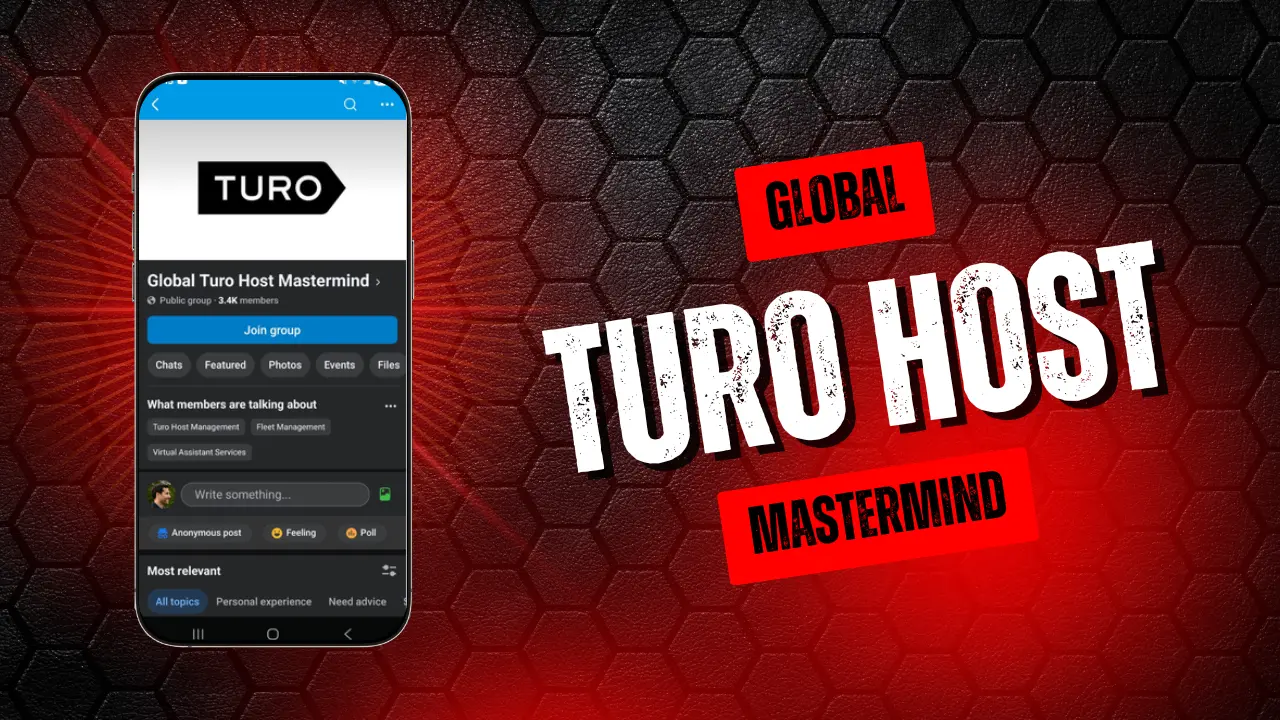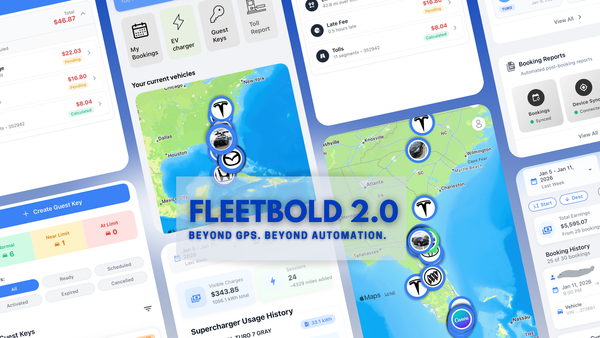Turo’s Crossroads: Growth, Profit, and the Risk of Losing Its Power Hosts
Turo scaled by empowering hosts but now risks losing them. As financial pressure mounts and loyalty erodes, can Turo avoid the same fate as Uber and Airbnb before them?

Introduction
Every platform faces this moment. The fork in the road where it must choose between maximizing profit or protecting the community that built it. For Turo, that moment is now.
After a decade of rapid expansion, international traction, and community-driven growth, Turo stands at a crossroads: Keep scaling at the cost of host loyalty, or recalibrate before the foundation begins to fracture.
The Silent Shift: From Host Empowerment to Host Extraction
Turo was born from a simple idea: let regular people rent out their cars. Hosts weren’t just users they were brand evangelists, marketers, service providers, and risk carriers.
But with public listing ambitions and higher pressure to deliver returns, the tone has changed.
- KPIs are replacing intuition.
- Automated enforcement is replacing human discretion.
- And for many, the platform now feels more like a boss than a partner.
Veteran hosts are seeing their historical contributions ignored in favor of strict metric compliance. Loyalty is no longer rewarded. Tenure means nothing without 5 stars and instant responses. And for a growing number of hosts, that shift is triggering burnout, exit, or apathy.
History Repeats Itself: Lessons from Uber and Airbnb
Uber once celebrated its drivers. Gave them flexibility, bonuses, and recognition. Until the system turned on them.
- Incentives were replaced with penalties.
- Communication became algorithmic.
- Loyalty eroded.
- Quality dropped.
Airbnb faced similar backlash when it began prioritizing guests and price over host protections and local regulation. Entire communities disengaged.
Turo is dangerously close to repeating that cycle.
The Real Cost of Losing Power Hosts
Power Hosts are not just high-volume listers. They are:
- The first to report bugs and problems.
- The ones building systems to keep guests safe.
- The people creating educational content on YouTube, Facebook, and TikTok.
- The reason many new guests and hosts trust the platform.
Losing them is not just a churn metric it’s a brand erosion event.
Without Power Hosts:
- Listings become more volatile.
- Guest experiences become inconsistent.
- Organic growth slows.
- Community support disappears.
And when a platform loses its builders, it becomes a commodity.
What Comes Next: The Two Paths Turo Can Take
Path 1: The Corporate Spiral
This path continues current trends:
- Higher fees
- Stricter automation
- Short-term metrics over long-term vision
- Increased host churn hidden by constant new onboarding
It can work for a while. But eventually, the platform becomes a transactional engine where trust is low, churn is high, and hosts only stay as long as the money lasts.
Path 2: The Platform Renaissance
This path requires bold correction:
- Bring back human-centric scoring that adjusts for scale and complexity.
- Create legacy recognition systems that reward hosts based on tenure, not just weekly metrics.
- Open direct communication between power users and product teams (not just community managers).
- Reinvest in community-led growth not through ads, but by empowering the people who already care.
Turo doesn't need gimmicks. It needs to listen to the same voices that made it survive when others didn’t.
Conclusion: It's Not Too Late, But the Clock Is Ticking
Turo is still in a strong position. It has a loyal user base, brand equity, and a working model. But that model is only sustainable if the human layer behind it remains intact.
The Power Hosts those who stuck through the early chaos, who built systems around the platform, who defended it publicly are the soul of Turo.
If the company forgets them, it risks becoming the very thing it once disrupted.
But if it listens, rebalances, and rebuilds trust, Turo could define the next era of peer-to-peer car sharing not just as a business, but as a movement.
FAQ
Q: Are Power Hosts leaving Turo?
A: Some are scaling down due to burnout and shifting policies. Others remain but are less engaged with community and platform feedback.
Q: Is Turo still a good opportunity for new hosts?
A: Yes, especially at a small scale. But the pressure to maintain performance metrics can be intense without proper tools and support.
Q: How can Turo rebuild loyalty?
A: By recognizing host history, adjusting KPIs by fleet size, opening communication channels, and reintroducing community-driven feedback loops.
Q: Is Turo becoming too corporate?
A: Many hosts feel that way. The platform has shifted toward rigid automation and less personal engagement similar to what happened with Uber.
Q: What could happen if experienced hosts exit?
A: The platform risks inconsistency in guest experience, increased churn, and the loss of trusted educators and advocates.






